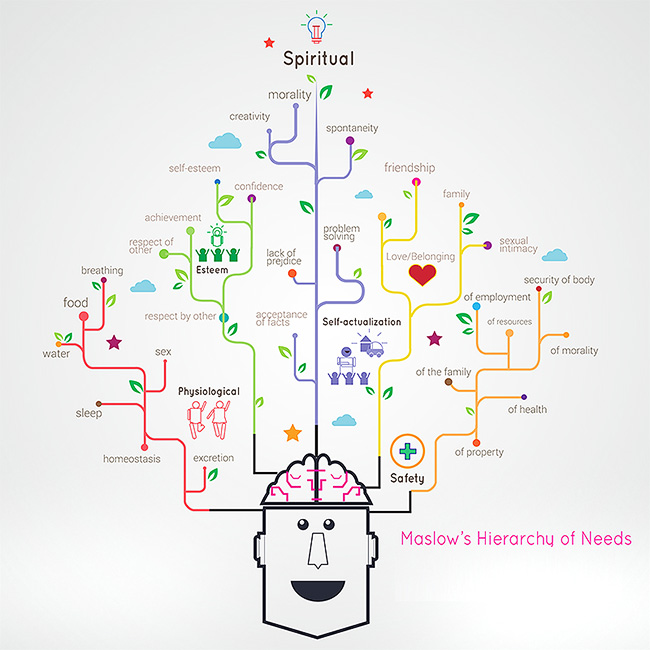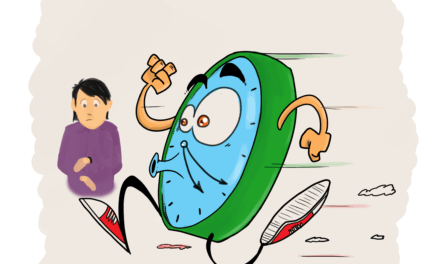Write your way to health
Top 10 benefits of journal writingDaniel Goleman in his book ‘Focus’, refers to thoughts resulting in emotional turmoil as being one of the biggest challenges in the way of focus. These states of inner conflict hamper our productivity and necessitate correct processing. Daniel remarks, “such thoughts barge in for a good reason: to get us to think through what to do about what’s upsetting us. The dividing line between fruitless rumination and productive reflection lies in whether or not we are able to discover a tentative solution or insight and then can let those disrupting thoughts go – or if on the other hand, we just keep obsessing over the same loop of worry”.
Journal writing (also sometimes referred to as expressive or emotional writing) provides a safe environment where we can begin discovering insights and solutions that will help boost our mental and emotional wellbeing.
Here are top 10 benefits of journal writing
- Lowers cortisol levels: A secret can make you sick. When we hold on to a secret past its shelf life, we continue to mentally simulate how bad sharing it would be. We continue to imagine the worst possible scenarios. This triggers a flight and fight response in our bodies. Our body then release the stress hormone, cortisol. The spike in cortisol levels negatively impacts your blood pressure, metabolism and sleep patterns. The bigger the secret we find ourselves protecting, greater will be the compulsion to protect it, causing further duress, anxiety and conflict in your mind. A simple action of writing it down can lower your cortisol levels.
- You are the editor of your own story: No one will read your journals unless they have your permission! This provides freedom to express yourself spontaneously. Some people like to throw away their writings, while others prefer to write and then rewrite a same story multiple times. It’s comparable to being in a position of an editor, where you can influence and enhance your own story. You are free of judgement and feedback (don’t worry about grammar and spelling mistakes, no one will grade it). A practice of journaling creates a space for you to express yourself freely.
- Cultivate emotional intelligence: Psychology Today defines emotional intelligence as the ability to identify and manage your own emotions and the emotions of others. Being aware of our emotions puts us in a position to influence those who are not. A practice of journaling where we are regularly investigating and resolving our emotional flux helps us cultivate emotional intelligence. Emotionally intelligent people make better leaders, co-workers, parents and friends. They put this quote to work in their life: “be the change you want to see”.
- It builds your wisdom reserve: In the process of engaging with life we are bound to fail and make mistakes. Evaluating failures provides valuable lessons; gems of wisdom that would slip away if we didn’t have a system in place to collect them. Our minds are not designed to store information; if we did we would have a circuitry overload. Learning from our mistakes becomes increasingly possible through a practice of journaling. Cultivating a wisdom pool through journal entries helps us get through the school of life.
- Improves interpersonal relationships: When we cultivate an inner state of harmony, we engage more with the world. Think about what you want to do when you are happy? You want to go out and share it with the rest of the world! The harsh reality is that many lives are still anchored in the past. These could be relationships, circumstances or events that we haven’t finished or completed. Journal writing is widely used in couples therapy to bring peace, healing and as a tool to enhancing communication and improving interpersonal relationships.
- Enhances performance at school and work: Statistical evidence from research studies have concluded that journal writing results in enhanced learning. It also boosts your IQ, focus and creativity. It’s not bizarre when individuals claim to have come up with innovative ways to solve a problem through journaling. Journaling is a powerful tool for personal growth and creativity. The more you practice it the more skilled you become at making it work for you.
- Stronger Immune system: Happy people tend to fall sick less than their not-so-happy counterparts. Individuals who practice journaling become observes of their inner world. They tend to enjoy a state of wellbeing, where they need fewer visits to the doctor. Journaling can be described as taking “Vitamin J” for a boost in happiness, energy clarity and calm. Try Vitamin J with your green tea next time!
- Know thyself: Journaling helps cultivate a better understanding of who we are and our inner environment. We gain perspective about various aspects of our life – our goals, desires, what we want to change, stress triggers. Knowledge is power, and self-knowledge that we acquire through the journaling process helps us align our life with our value system and control some of the symptoms and triggers that cause duress in our life. This results in less conflict in our life.
- Mental health: Journaling has proven to be beneficial when administered to individuals suffering from depression, PTSD, addictions, anxiety, phobias and fears. It’s often used as an aid along with other treatment to enhance wellbeing. ‘Working memory’ is a term that is used for our ability to solve complex problems. When we are ruminating in a stress or worry loop we are using the reserves of our working memory. Journaling frees up our working memory, so that it can be used to counter other gripping difficulties in our life.
- Achieve Goals: In the field of personal growth you have probably heard of the importance of writing down your goals. The likelihood of achieving a goal increases if you write it down. Michael Hyattt outlines the following reasons for committing to your goals in writing – it forces you to clarify what you want, it will motivate you to take action, provides a filter for other opportunities, helps you overcome resistance and it will enable you to see and celebrate your progress.
Words To Grow By
Cort Curtis
“A metaphor of our individual lives is that we are on a journey through life from birth to death. We are travellers who are making our way through the world and carving a path towards completion and wholeness. Our birth is the beginning of our journey and the death of our physical bodies is the end. Between these two poles of our physical existence, birth and death, we live our lives, and right now is where we are in that total process. This moment and this place is where we are now. The true essence of journal work is this: it is an acknowledgement of where we are at particular points in time and place in the total duration of our life journey.”





